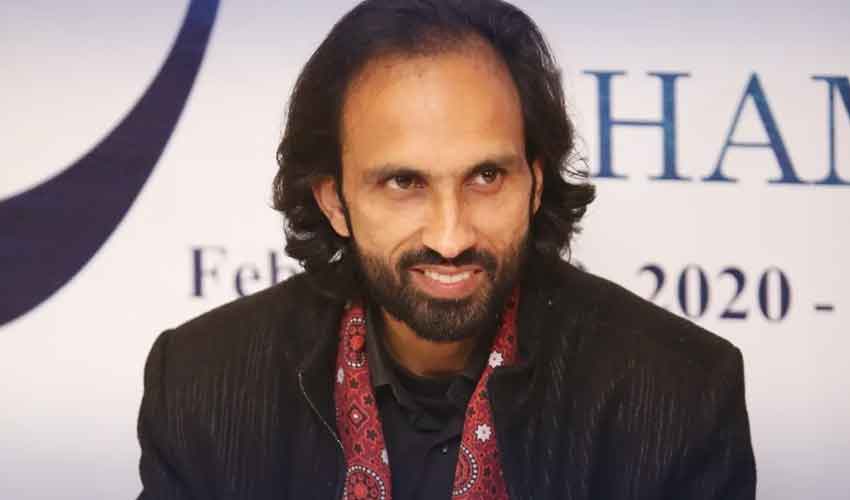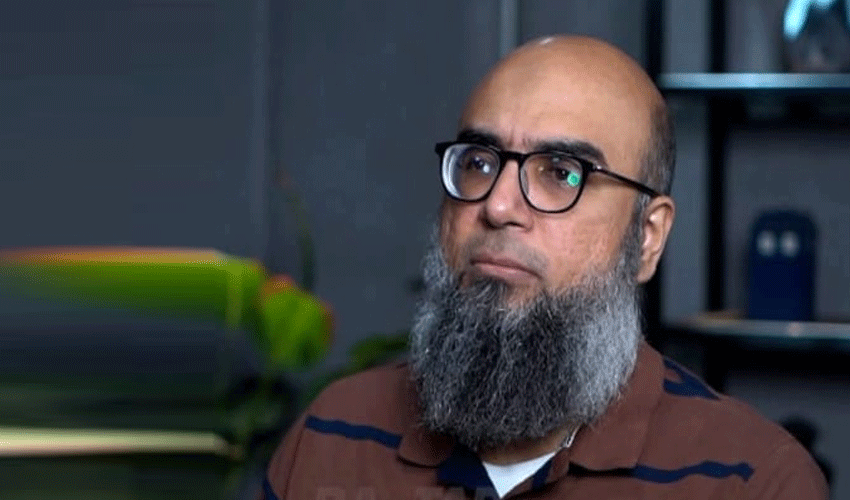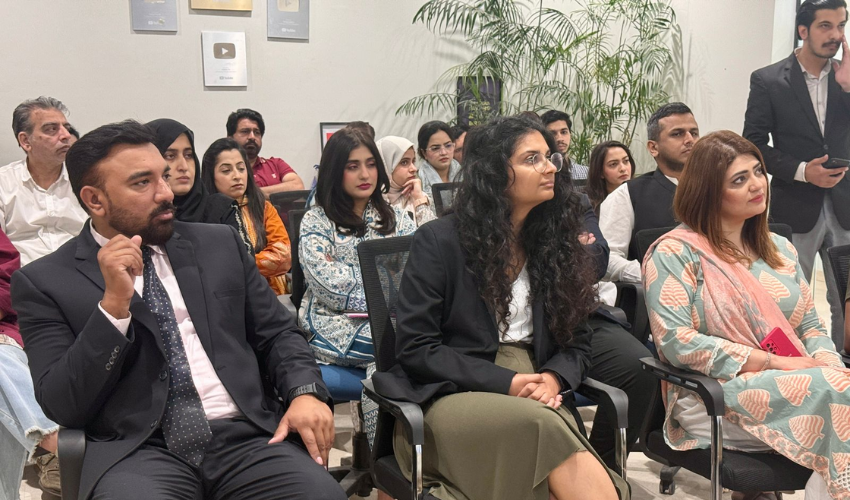The Islamabad High Court (IHC) has disposed of the petition for the recovery of Kashmiri poet Ahmed Farhad, allowing the applicant to approach the court again if necessary.
Justice Mohsin Akhtar Kayani of the IHC presided over the hearing and stated that the case of all missing persons will be referred to the chief justice for consideration by a larger bench.
During the hearing, Ahmed Farhad's lawyer, Imaan Mazari, informed the court that Farhad's bail application had been rejected by the Muzaffarabad court. Justice Kayani remarked, "I think the amount of action we are taking here is torturing his life," noting that Farhad now faces two cases instead of one.
The additional attorney general (AAG) explained that Farhad's statement had been recorded, while Justice Kayani noted that the poet had expressed his willingness to give a statement before the court.
The AAG also argued that the law says if someone is recovered, the court proceedings cannot proceed further. The court inquired about Farhad's whereabouts before his arrest, emphasizing that it was an issue of enforced disappearance. The government lawyer also said that if a person is recovered, habeas corpus proceedings are dismissed, adding that the poet's statement had been recorded.
The judge remarked that Ahmed Farhad stated that he would give a statement before the court. The AAG said the abductee was in judicial custody and a statement under Section 161 of CrpC had been recorded. The judge then remarked that it was written in his statement he was mentally and physically unable to give a statement and that he would appear in court himself or give a statement through counsel.
"Upon Farhad's return, the investigation officer of Lohi Bher police station must record a statement under Section 164 before a judicial magistrate," said Justice Kayani.
Justice Kayani announced plans to write to the IHC chief justice to form a larger bench to address all missing persons cases. The ISI DG and others should appear before the Criminal Administration Committee, he remarked. The judge also emphasized that no one, including judges, is above the law and that institutions should operate within their limits. He criticized the handling of Farhad’s case, which has now led to two cases affecting his family.
The court also discussed the matter of in-camera proceedings and reporting on national security issues, indicating a possible ban on such practices.
During the session, the AAG mentioned that journalist Hamid Mir had misrepresented his statements in a column and vlog. Justice Kayani advised resolving the matter amicably and suggested that the AAG invite Mir for a discussion over tea. He noted that Hamid Mir had been called as a judicial assistant in this case, highlighting the journalist's role in bringing attention to the issue.



























